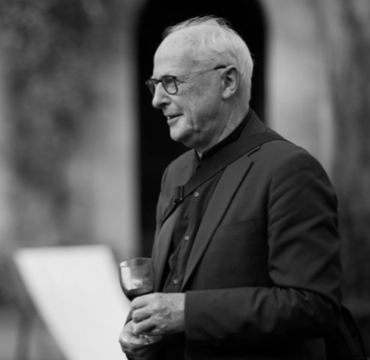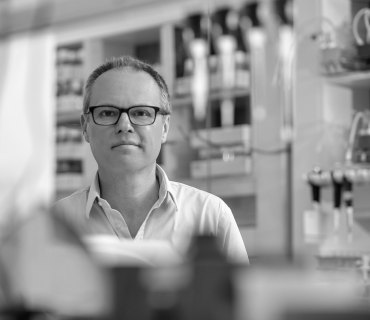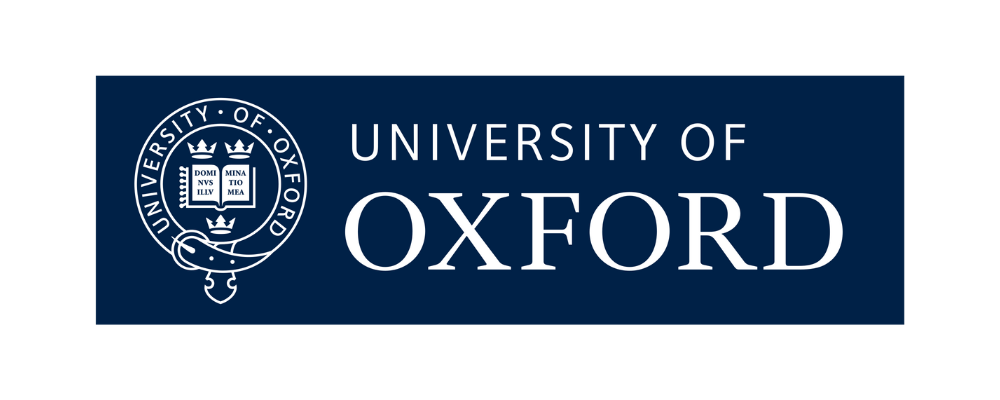Four academics from the University of Oxford were elected this year as international members.
Véronique Gouverneur, Waynflete Professor of Chemistry, Department of Chemistry.
 Professor Véronique Gouverneur. Credit: Stephen Cannon.
Professor Véronique Gouverneur. Credit: Stephen Cannon.
Professor Gouverneur is renowned for her contributions to fluorine chemistry which have tackled some of the biggest challenges of this area. Her achievements include developing new fluorination processes for producing diagnostics and pharmaceutical drugs, and advancing safe and sustainable manufacturing of fluorochemicals that are essential for medicine, food, and material science.
Her research has led to innovative fluorination processes to produce medicines and radiotracers for Positron Emission Tomography imaging. More recently, she launched a programme on safe and circular fluorine chemistry. Her laboratory invented the first methods to convert the mineral fluorspar into valuable fluorochemicals without the necessity to manufacture highly dangerous hydrogen fluoride. This advance attracted global attention and led her to found the spinout company FluoRok from the University of Oxford. She has previously received numerous international prizes and awards, was elected a Fellow of the Royal Society in 2019, and became an International Honorary Member of the American Academy of Arts and Sciences (US) in 2022.
She said: ‘I am thrilled to receive this recognition, and grateful to all members of my team who serve society through science. Becoming a member of the National Academy of Sciences is a privilege, and a superb opportunity to connect with a remarkable community.’
Desmond King, Andrew Mellon Professor of American Government, Department of Politics and International Relations.
 Professor Desmond King.
Professor Desmond King.
Professor King’s research interests include comparative government, public policy, inequality in the US, American political development and state building, illiberal social policy and comparative welfare policy. His work has demonstrated the influence of New Right ideology in the Reagan and Thatcher eras and the evolution of modern conservatism in the United States, the enduring significance of segregation in the US federal government, the national bases of American identity, the malign influence of eugenics on North American social policy, the expansion of executive power in the American state, the role of institutions in comparative labour market policy, the politics of the Federal Reserve quantitative easing programmes, and how a dichotomy between protect and repair policy alliances now drives the politics of civil rights. His scholarly contribution – which includes 13 books, 11 coedited books and numerous articles and chapters -has been recognized in elections to such learned societies as the American Academy of Arts and Sciences, the American Philosophical Society, and the British Academy.
He said: ‘I am immensely grateful to the NAS for this great honour, which also attests to the wonderfully supportive environment of Oxford University especially colleagues in the department of politics and Nuffield College. Membership of NAS is a further opportunity to engage in high level social science research with colleagues in the US and elsewhere.’
Andrew McMichael, Emeritus Professor of Molecular Medicine, Centre for Immuno-Oncology, Nuffield Department of Medicine.
 Professor Andrew McMichael.
Professor Andrew McMichael.
Professor McMichael’s research has focused on T lymphocytes and innate immunity. Early in his career, he discovered the CD1 protein (which plays a role in immune surveillance) in a collaboration with Cesar Milstein. In the mid 1980s, Alain Townsend in his group made the crucial discovery that T lymphocytes react to short fragments of virus proteins that are bound to host proteins called HLA molecules. This finding transformed cellular immunology and is the basis of many developing cancer therapies and vaccines.
Professor McMichael and his colleagues also made important discoveries on the immune response to HIV, demonstrating that the virus could escape from immune control by the T lymphocytes by mutating these small peptides. This led to novel approaches to vaccine design that are ongoing. His team also discovered how the unusual HLA molecule, HLA-E, not only controls innate immunity but can also bind foreign peptides and stimulate T lymphocytes. Because this HLA molecule, unlike others, is not genetically variable it offers exciting possibilities for immunotherapy.
He said: ‘I am deeply honoured by this award which recognises the work of all my team over many years. I have always greatly admired American science, which is world leading, both collaborative and competitive, and globally relevant. I look forward to continuing close interactions in the years ahead.’
Gero Miesenböck, Waynflete Professor of Physiology, Department of Physiology, Anatomy & Genetics
 Professor Gero Miesenböck. Credit: Centre for Neural Circuits and Behaviour.
Professor Gero Miesenböck. Credit: Centre for Neural Circuits and Behaviour.
Professor Miesenböck laid the conceptual and experimental foundations of optogenetics, a transformative technology for studying the brain. He was the first to repurpose a natural light sensor—similar to those in our eyes—as a tool for remote-controlling genetically labelled nerve cells. The ability to create simple artificial messages, which the brain is then asked to decode, has given neuroscientists a fundamentally new way to understand the physical basis of perception, action, emotion, or thought.
More recently, he has used optogenetics to gain insights into the neuronal regulation and biological function of sleep. He and his team at the Centre for Neural Circuits and Behaviour discovered that sleep-inducing neurons couple their electrical discharge to the use of oxygen in mitochondria, the energy-generating organelles that power all complex life. This work enabled a molecular interpretation of sleep pressure and identified aerobic respiration as a fundamental cause of sleep. Professor Miesenböck has received numerous international awards for his invention of optogenetics, including most recently the Shaw Prize, the Louisa Gross Horwitz Prize, and the Japan Prize, and is a Fellow of the Royal Society.
He said: ‘Beyond the immediate joy of being invited into the company of distinguished colleagues, it is nice to form a thread in the international fabric of science, especially with everything that’s going on right now.’
The full list of researchers elected to the National Academy of Sciences this year can be found on the NAS website.
“The University of Oxford is a collegiate research university in Oxford, England. There is evidence of teaching as early as 1096, making it the oldest university in the English-speaking world and the world’s second-oldest university in continuous operation.”
Please visit the firm link to site


